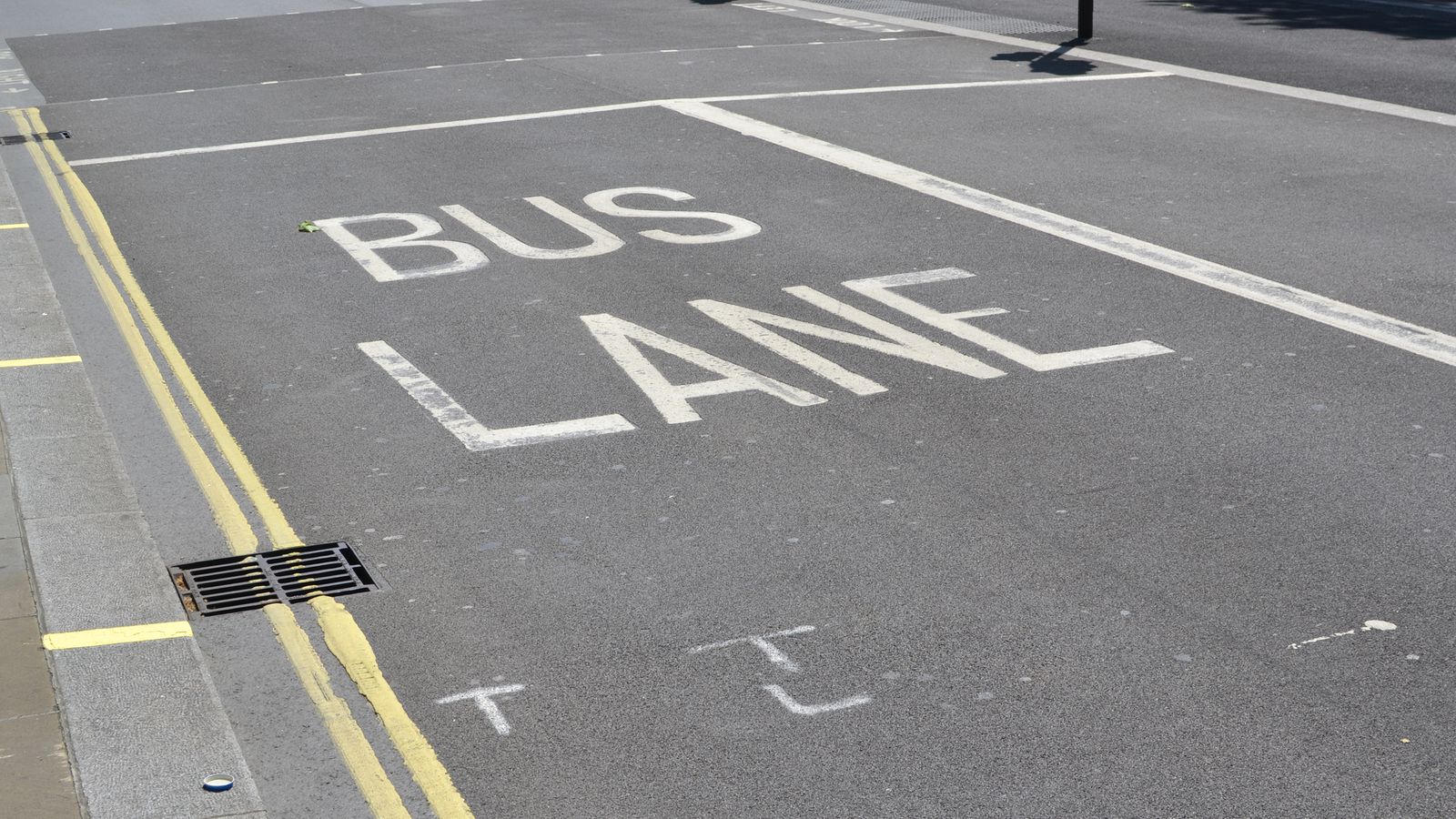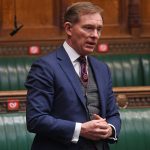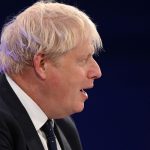Hundreds of miles of new bus lanes will be built as part of a £3bn strategy to make buses the “transport of choice” in England, the prime minister has said.
As part of a 10-point plan, Boris Johnson vowed to make buses more frequent, cheaper, greener and easier to use.
In an effort to encourage people to use the bus rather than their cars as the country recovers from the coronavirus crisis, the government is pledging:
• simpler bus fares with daily price caps, so people can use the bus as many times a day as they need without facing mounting costs
• more services in the evenings and at the weekends
• integrated services and ticketing across all transport modes, so people can easily move from bus to train
• all buses to accept contactless payments.
The ambitious plan also includes ministers wanting local councils and operators to work together to deliver services that are so frequent passengers can “turn up and go”, without waiting more than a few minutes for a bus.
And, with the government having pledged to bring all greenhouse gas emissions to net zero by 2050, ministers are promising to deliver 4,000 new British-built electric or hydrogen buses.
A consultation has been launched on the date by which to end the sale of new diesel buses.
The prime minister said: “Buses are lifelines and liberators, connecting people to jobs they couldn’t otherwise take, driving pensioners and young people to see their friends, sustaining town centres and protecting the environment.
“As we build back from the pandemic, better buses will be one of our first acts of levelling-up.
“Just as they did in London, our reforms will make buses the transport of choice, reducing the number of car journeys and improving quality of life for millions.”
Transport Secretary Grant Shapps, who is expected to update MPs on the new strategy in the House of Commons on Monday, described current bus services in England as “patchy” and “frankly not good enough”.
“The strategy we’re unveiling today will completely overhaul services, ensuring we build back better from the pandemic,” he said.
“Key to it is the new deal it offers to councils – we will provide unprecedented funding, but we need councils to work closely with operators, and the government, to develop the services of the future.”
Subscribe to the All Out Politics podcast on Apple Podcasts, Google Podcasts, Spotify, Spreaker
But Mick Cash, general secretary of the Rail, Maritime and Transport union, said the government’s strategy appeared to “lack ambition”.
“The only way to deliver an effective, integrated, accessible and affordable local bus network is for the government to provide guaranteed ring-fenced national funding for all local authorities to deliver the bus services their communities require via a publicly owned municipal bus operator which recognises and protects the vital role of our essential bus workers who performed so heroically during the pandemic,” he said.
Labour’s shadow bus minister Sam Tarry claimed the plan “offers nothing” to “reverse the millions of miles of bus routes lost across the country”.
“The Tories said deregulation would improve our buses but they’re running bus services into the ground,” he said.
“Passengers now face a toxic mix of rising fares, cuts to services and reduced access.
“The government must do more to protect this crucial sector – not least given we’ve already seen more than 1,000 jobs lost in the bus and coach manufacturing industry alone since the pandemic started.”






















